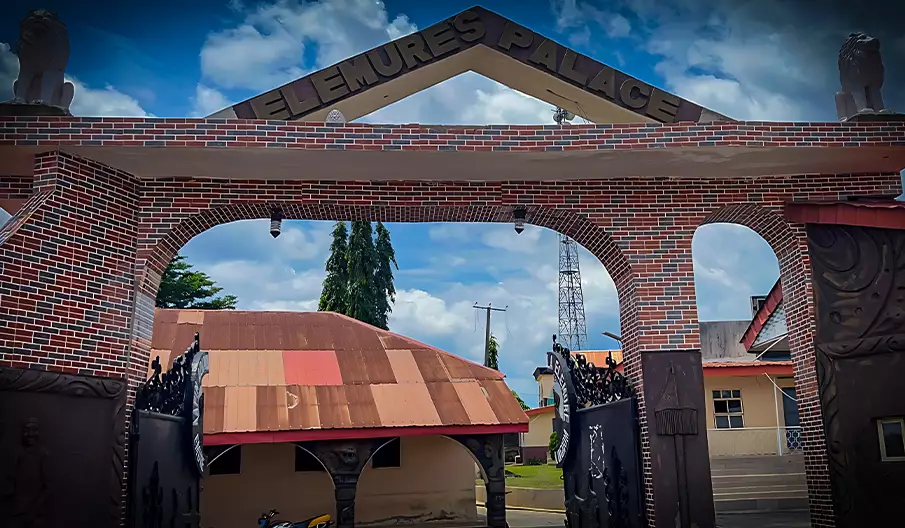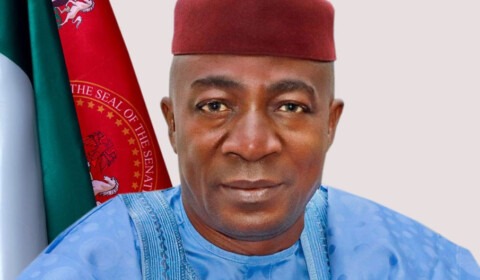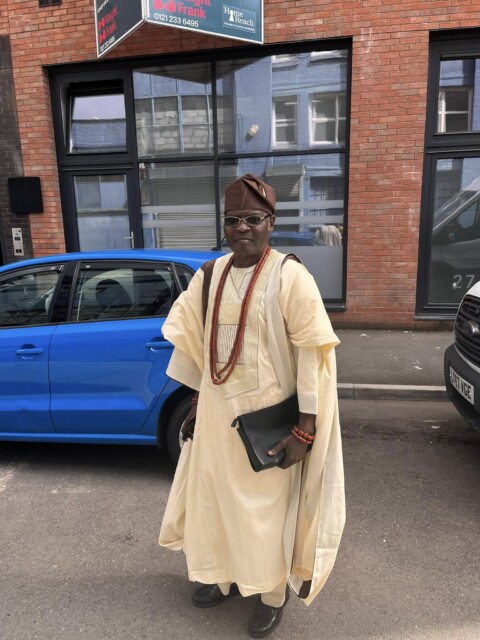As the ancient town of Emure-Ekiti embarks on selecting its next traditional ruler, pressing issues surrounding bloodline legitimacy and transparency in traditional rites have come to the forefront. Presently, five individuals have emerged, each staking a claim to the royal stool.
Historical Context of Emure-Ekiti
Emure-Ekiti, located in the Emure Local Government Area of Ekiti State, is a town deeply rooted in Yoruba cultural heritage. Historically, its royal lineage traces directly to Oduduwa, progenitor of the Yoruba people, through Obadudu—its founder and a descendant of Oranmiyan, one of Oduduwa’s sons.
The town operates a traditional rotational monarchy between two ruling houses: Abenimota and Adumori. The monarch of Emure-Ekiti bears the official title of Elemure.
A Legacy Under Scrutiny
Today, as the town prepares for another transition, five contenders have been shortlisted. However, amid concerns about eligibility, many within the community are demanding transparent scrutiny of each candidate’s lineage.
“In Emure-Ekiti, as in most African societies, traditional monarchs are more than leaders—they are living symbols of our identity and cultural heritage. That is why their emergence must be beyond question,” said a resident of the town. To ensure fairness and legitimacy, the selection process has historically involved extensive traditional consultations and legal scrutiny. Notable among such cases is Wilson v. Oshin (2000), which underscored the complexities surrounding royal succession in Emure-Ekiti.
As a result, princes from the Abenimota ruling house are calling on all contestants claiming descent from their line to publicly declare and substantiate their ancestral ties.
It is a common tradition across Yorubaland for royal aspirants to publicly defend their bloodlines. These declarations are crucial to the selection process, often subject to rigorous scrutiny and, at times, contested by other aspirants.
Another indigene stressed the need for full disclosure. “The five contenders must clearly state how they are linked to the Abenimota ruling house—specifically through their paternal lineage—and submit to open ancestral verification,” he said.
“Once these declarations are made, it becomes the duty of family heads and respected community elders to thoroughly investigate each claim. This is not just about tradition—it is about justice, about preserving the dignity and integrity of Emure-Ekiti’s monarchy.”
He concluded: “Only through such transparency can the town guard against the throne being claimed by individuals without legitimate ancestral rights.”






